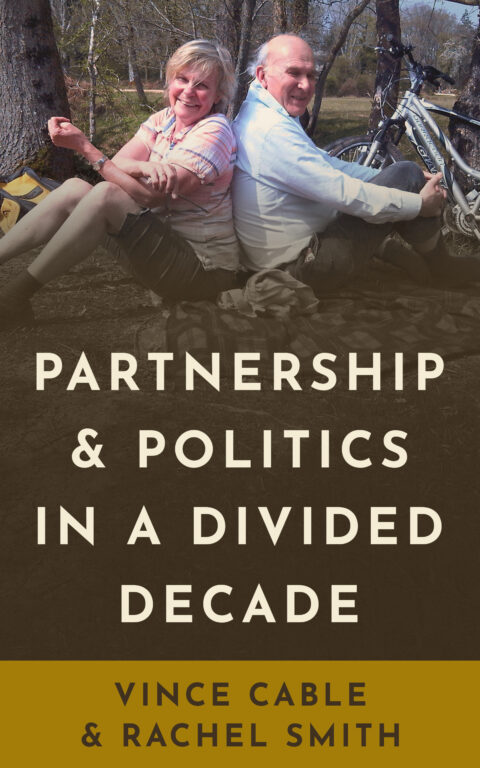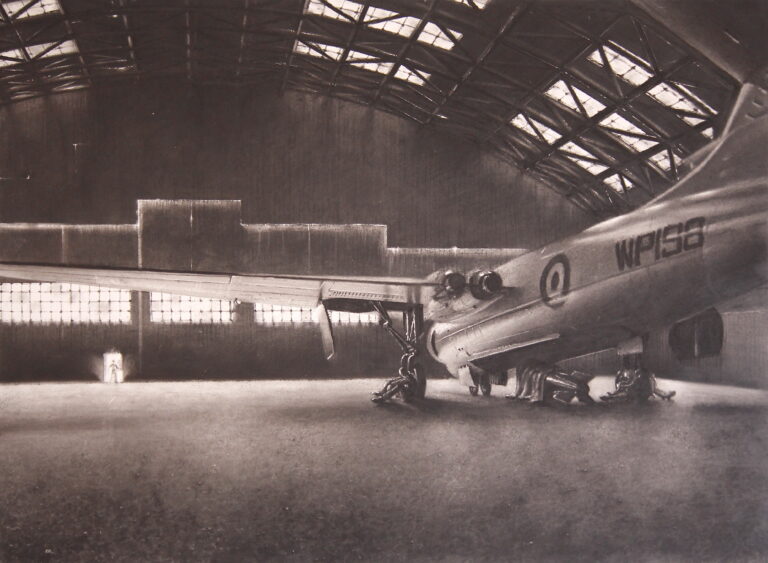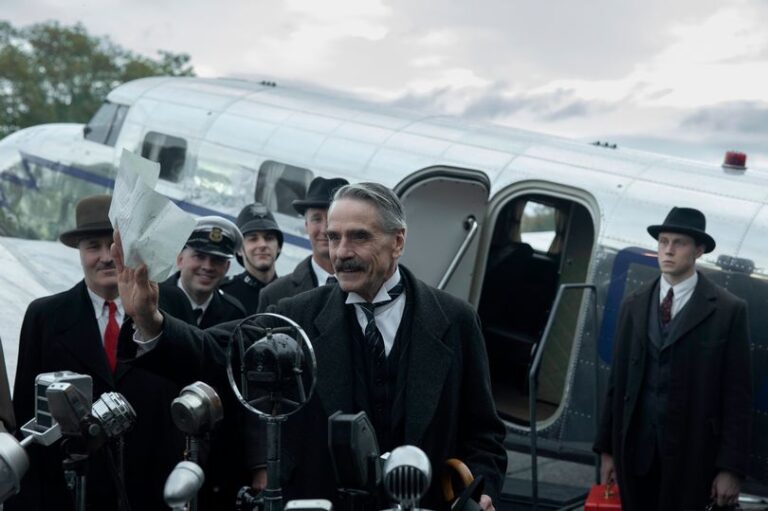
Towards a hedonistic, feminist anti-romance?
Fanny Calder on how and why she wrote The Men:
My ex-husband helped me to write this book – encouraging me, giving me the time, paying for everything so that I could do no paid work as I did, and patiently reading and commenting enthusiastically on every chapter – even though many of them were very dark and clearly inspired by other men that I had known. And my daughter was conceived as I first conceived of the book; it grew in my belly as wrote it. But it is a book that was always intended to be about the opposite of romance and the nuclear family.
My original idea was a to write a book that would be a critique of romance – that would describe a woman getting disastrously lost in man after man, losing her identity in each, with each chapter written completely differently to capture that loss of identity – that giving over to a man that woman so frequently do.
But instead, as I wrote, a strong woman emerged – a woman who was often ruthless and unpleasant and clearly using men for her own ends, but who is definitely strong. And I let her be as strong and unpalatable as she wanted to be.
My feminist impulse took over and wouldn’t let me write a book about a victim.
I think this is probably because the book is based loosely on a phase in my life when I finally started to feel strong (young women generally don’t and I was a bad case) – but was still falling into fantasy after fantasy about dependent love and marriage. The book is set in the middle of that tension.
It is also set in a city – London – although in the book the city and almost all of the characters are carefully not named. The book could almost be called The City. I don’t love London in any celebratory way – but I have lived skin to skin with it. I know how it smells and feels. And some of the parts of the book that I enjoyed writing most were about the city. London’s geography and architecture is the backbone of the book – though I don’t bang out about it much (there are no long descriptive passages I promise, but still I think you can feel the city in some detail as you read).
So if you were to ask me what this book is about I would say fear and loneliness and greed and female power (and how easily it is compromised) and a city. And the importance of parties. The men themselves are secondary to these themes. They are just used to explore them. Used in a way that parallels the way that the narrator herself is using them.
It is definitely not a nice book. But I hope you will find it beautiful. I have always found beauty in death and darkness. As I think you will be able to tell as you read it. Which I hope you will.
The print version is here and the ebook version here.


